

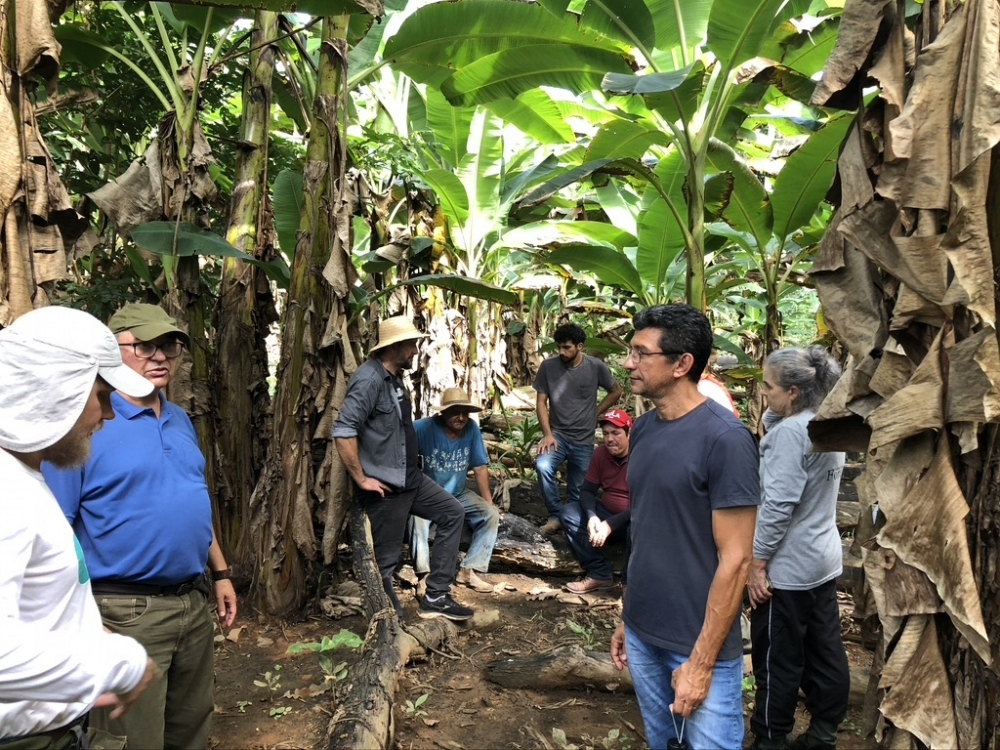
Strategies for reconciling forest conservation and income generation for families living on Chico Mendes Extractive Reserve in Acre state are the focus of a project in which local scientists are collaborating with colleagues from the states of São Paulo and Pará. The project is part of the Amazon+10 Initiative.
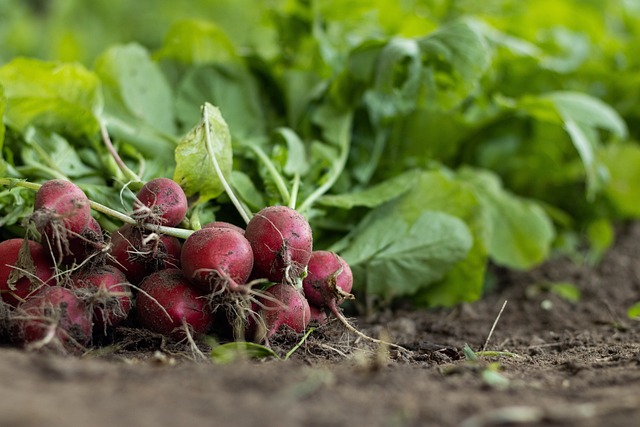
The warning was delivered by Marta Vasconcelos, a biologist affiliated with the Portuguese Catholic University, during the third event in the 2023 series of FAPESP Lectures.
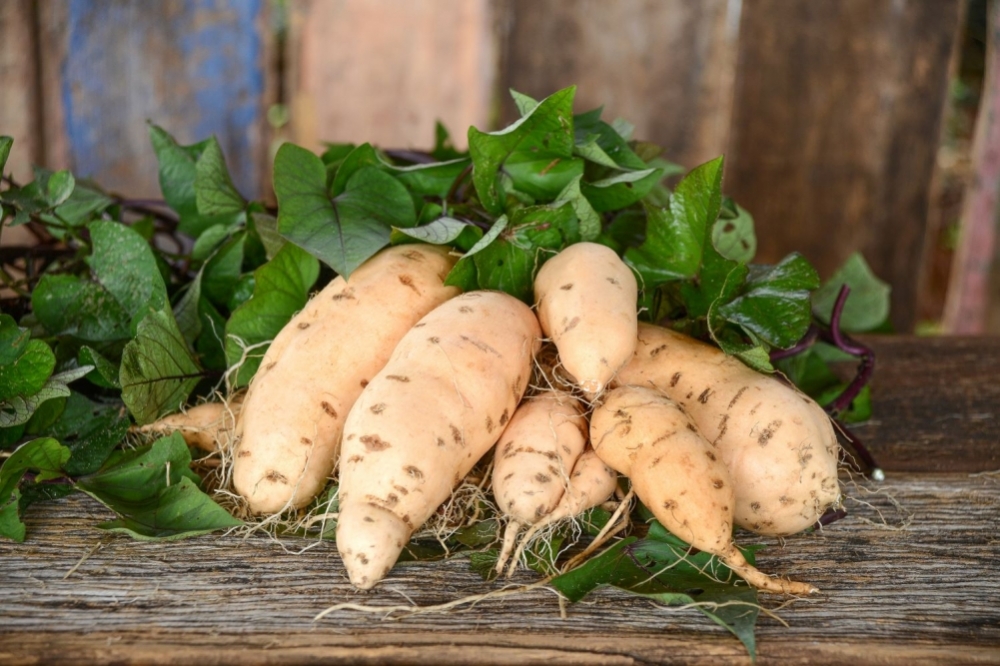
Research groups in São Paulo state and Mozambique analyzed carotenoids in over 1,000 sweet potatoes and found some with 88% more beta-carotene, a precursor of vitamin A.

An online event presented the results of five projects selected in a call issued by FAPESP in partnership with the Belmont Forum and JPI Urban Europe.

Launched on April 11 at a ceremony attended by the Governor of São Paulo state, the Science for Development Center in Digital Agriculture is a collaboration between FAPESP and EMBRAPA, with other institutions. Its remit will be to connect farmers to innovations that cut costs and assure sustainability.
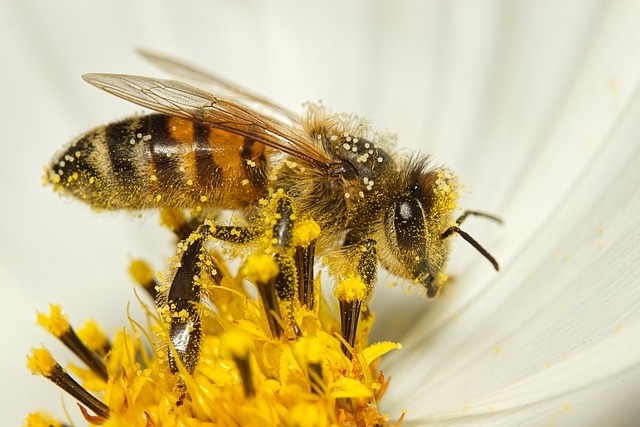
As part of a project supported by FAPESP, researchers at a startup called PollinTech are developing a strategy to use to sniffer bees to pollinate coffee crops. The firm took part alongside several other startups in the 22nd PIPE High Tech Entrepreneurship Program hosted by FAPESP to showcase innovative research.
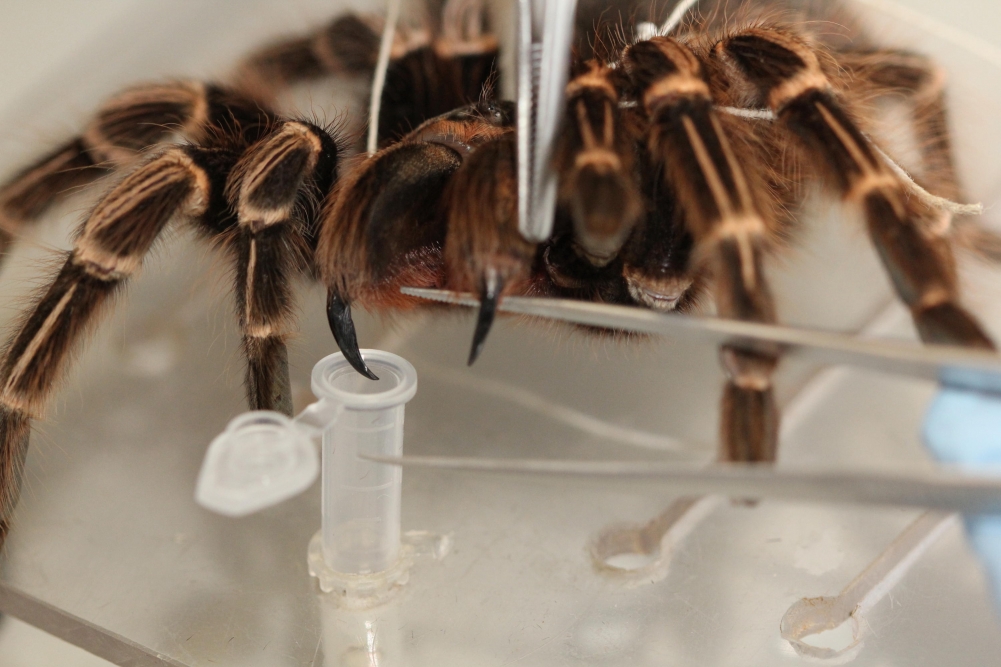
Researchers at the Federal University of São Paulo and Butantan Institute used several advanced techniques to analyze the venom of the Orange banded tarantula Acanthoscurria juruenicola and tested its capacity to paralyze crickets. The findings could contribute to the development of biodiversity-based solutions.
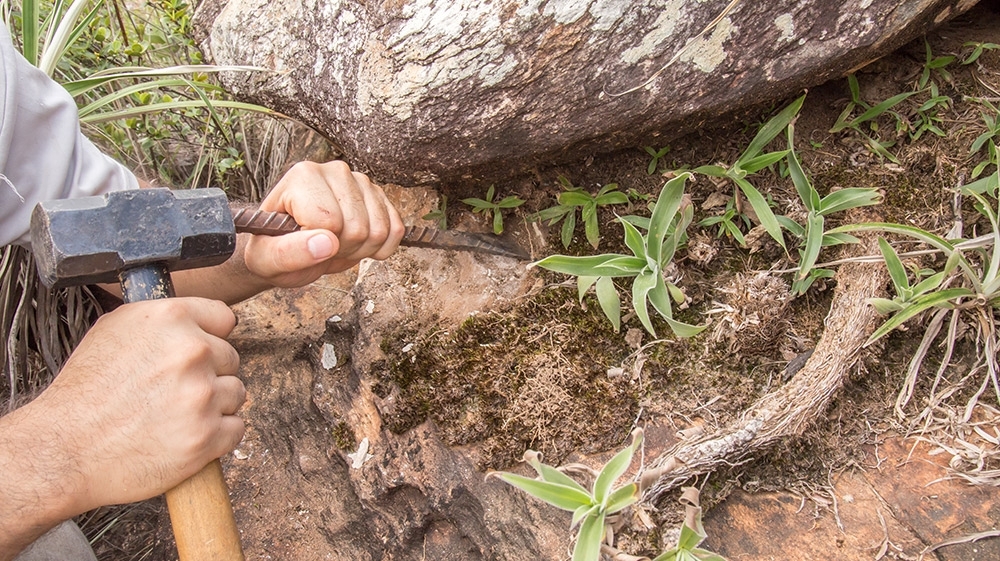
A study shows that archaea, bacteria and fungi found in campos rupestres, a Brazilian ecoregion with low-fertility soil, are essential sources of plant nutrients. Products originating in the discovery could be used in future as substitutes for chemical phosphate fertilizer.
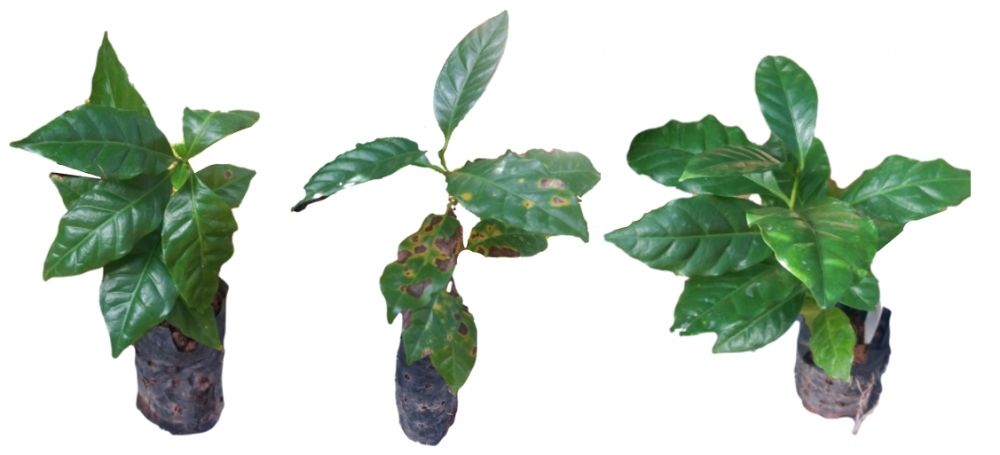
Their research is part basic science, investigating the bacterium’s resilience in a hostile environment – coffee leaves – and part biotech, seeing whether the bacterium inhibits the development of a pathogen that causes severe losses to coffee growers.

The analysis encompassed studies published between 2009 and 2022, highlighting the importance of experiment design.
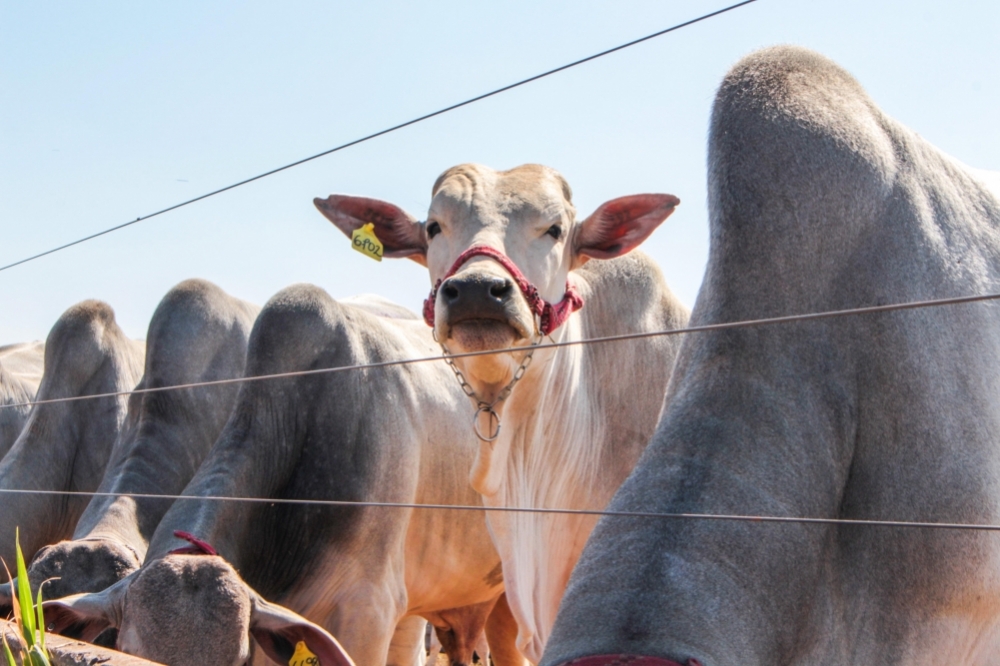
An investigation conducted in Brazil analyzed all the microorganisms present in the feces of Nelore bulls and found biomarkers that can identify animals with a low-emission, feed-efficient phenotype.
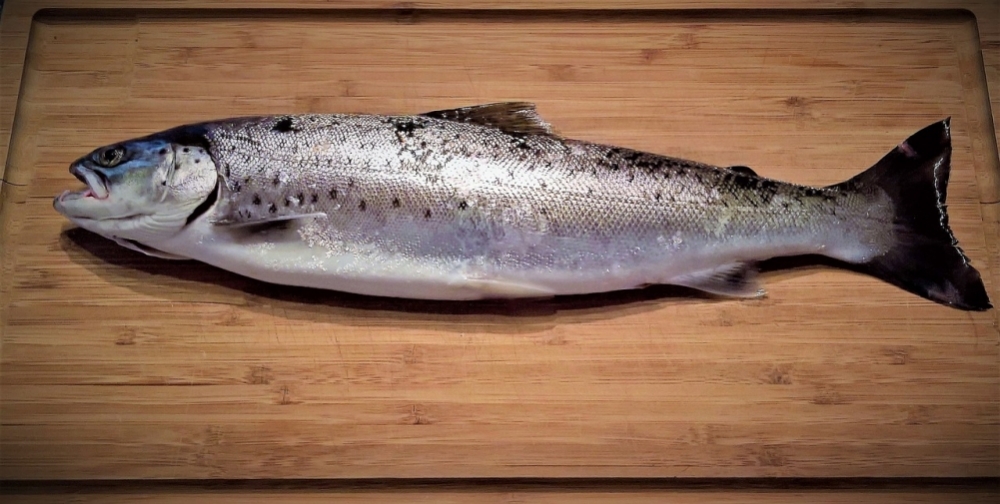
In partnership with private enterprise and government, scientists in São Paulo state (Brazil) plan to strengthen domestic production and consumption of aquatic products.
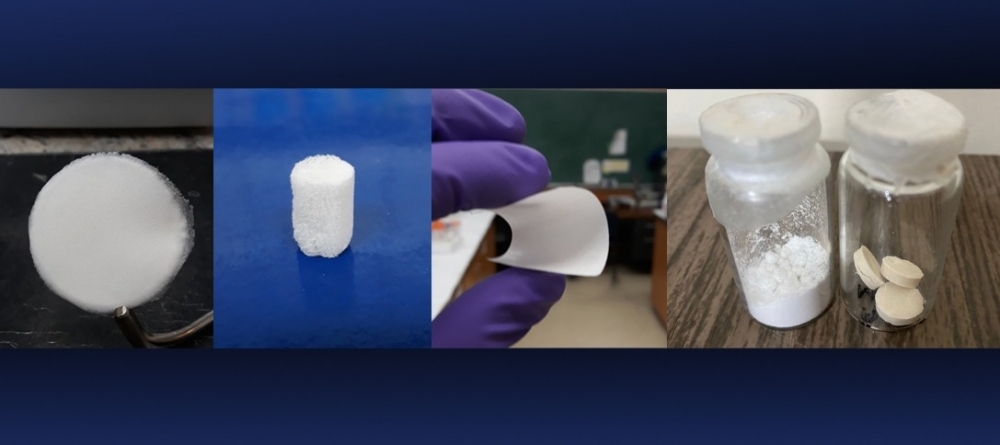
Scientists at the Federal University of São Carlos adapted material derived from sugarcane bagasse and papermaking to replace the synthetic polymers available on the market and used by growers. The main aim was to avoid the discharge of non-biodegradable chemicals into the soil.
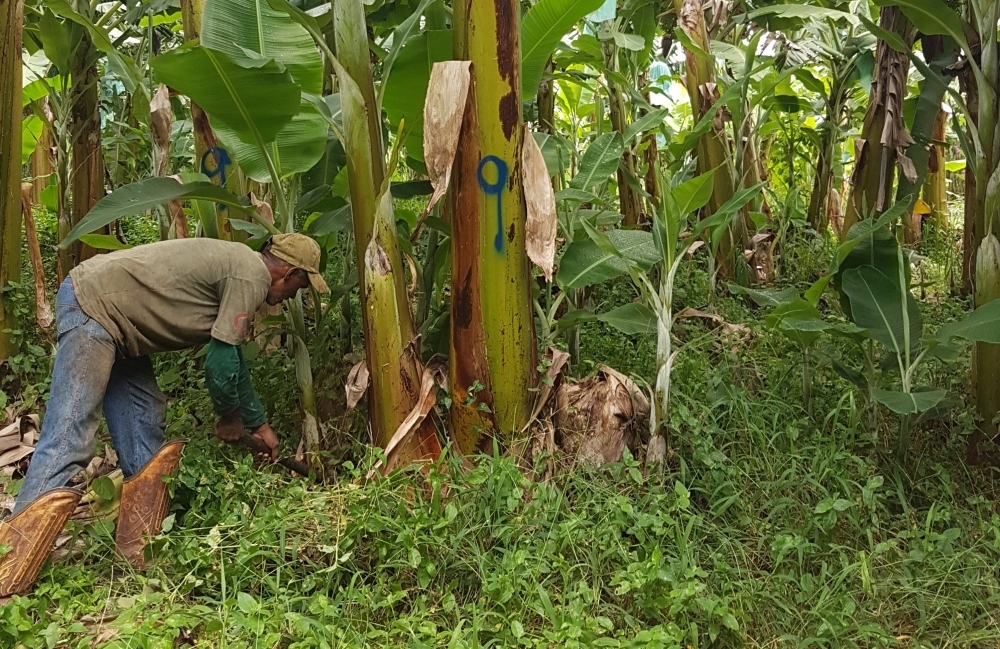
Brazilian researchers and collaborators found that Beauveria caledonica can be used for biological control of banana borers and Fusarium wilt, which are serious threats to a tropical and subtropical crop of the highest economic importance. The soil fungus supplements traditional banana plantation management strategies.

However, scientific research is essential to take innovation to the countryside and raise yields without increasing deforestation, according to the experts who participated in an online seminar organized by FAPESP and the São Paulo State Academy of Sciences.
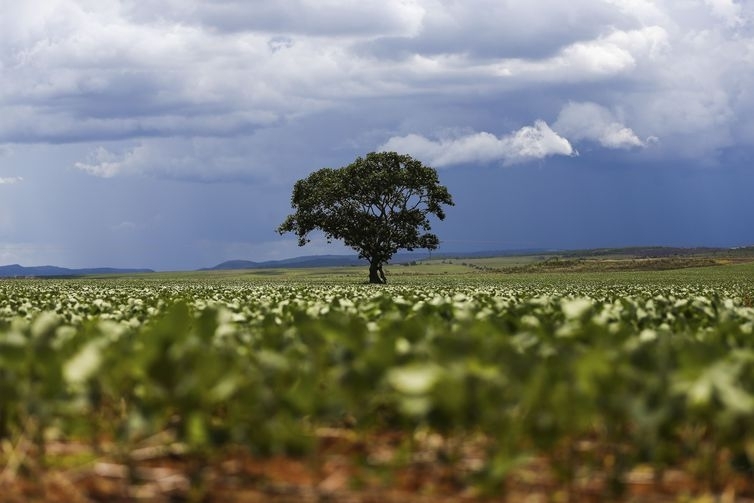
According to the article, Brazil has had more success than any other country with the use of biofertilizer to provide nitrogen for soybeans. The inoculation of microorganisms into the soil boosts yields, reduces greenhouse gas emissions and saves some USD 10 billion per year in imports of synthetic fertilizer.
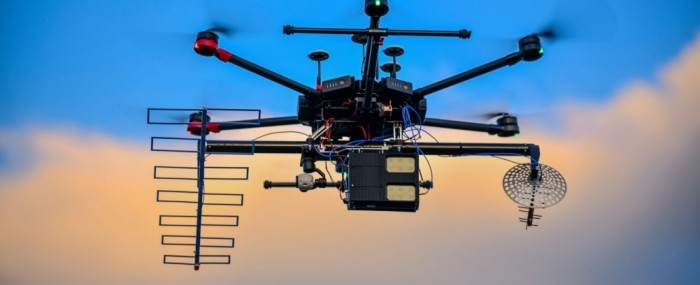
A startup supported by FAPESP developed the technology, which is being tested by pulp and paper manufacturer Klabin.
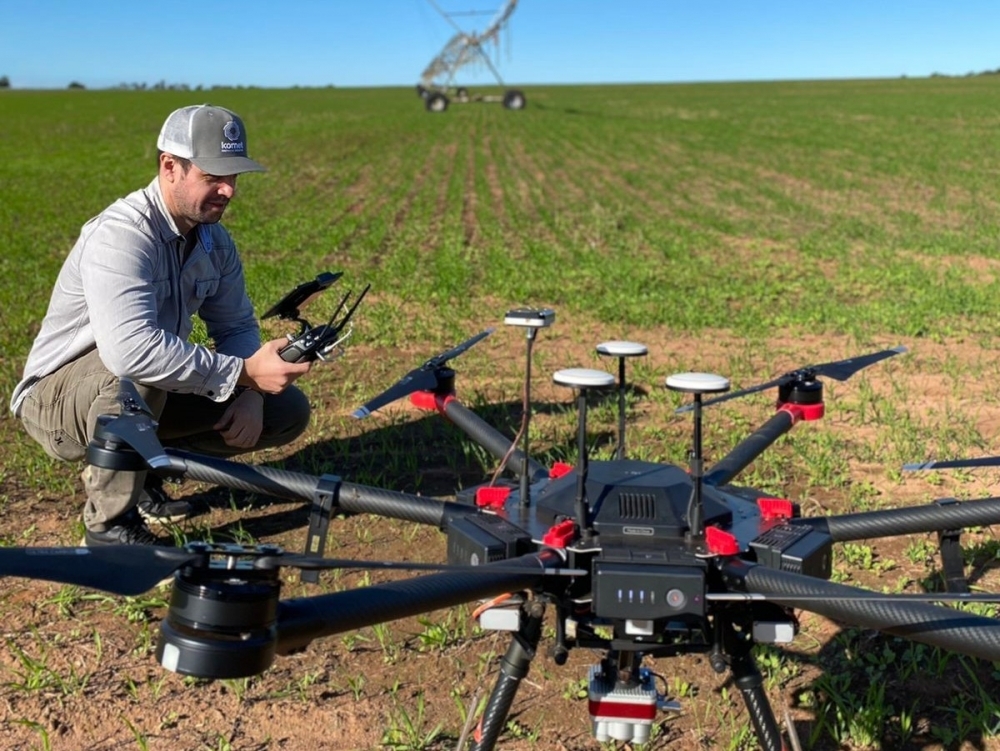
A study conducted at the University of São Paulo showed that management of irrigation with the aid of the algorithm, adjusted on the basis of field data, reduced water and power consumption by 31%. The researchers are now pursuing market validation of the technology.

The tenth in the series of events to mark FAPESP’s 60th anniversary featured a keynote presentation by Joachim von Braun, who chaired the Scientific Group for the UN Food systems Summit 2021.
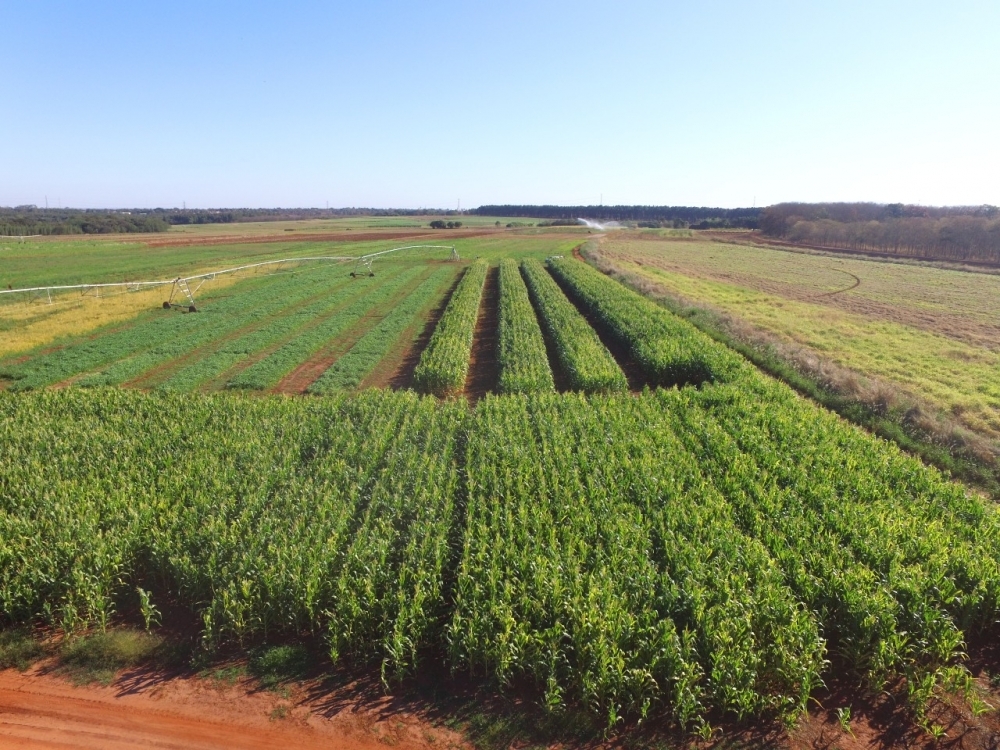
Introducing more modern agricultural practices in Brazil could save farmers more than USD 20 billion in coming decades via a reduction in the use of phosphate fertilizer alone, a study by the University of São Paulo shows.

Known as pineapple sett rot, the disease reduces cane budding by up to 50%. Results obtained by scientists in Brazil will bolster the search for biological fungicides that offer an alternative to agrochemicals.

The strategy was tested at the Federal University of São Carlos and found to permit a reduction in the amount of fertilizer used by farmers, mitigating its environmental impact.

Developed by researchers at the University of São Paulo, the non-invasive methodology facilitates identification of immature or poor-quality seeds without destroying them or creating residues.

In an article published in Scientific Reports, Brazilian researchers show that besides simplifying operational logistics and improving production, fertilization of the grass used as a cover crop can reduce fertilizer use in the long run.